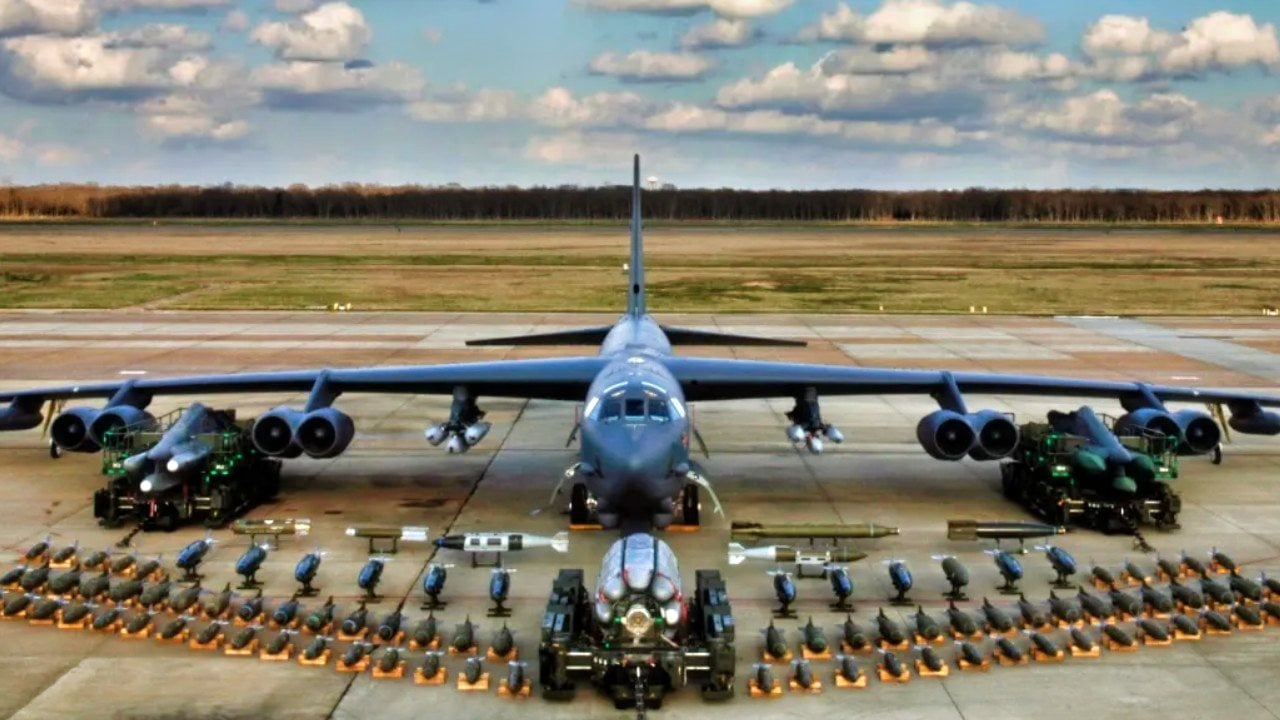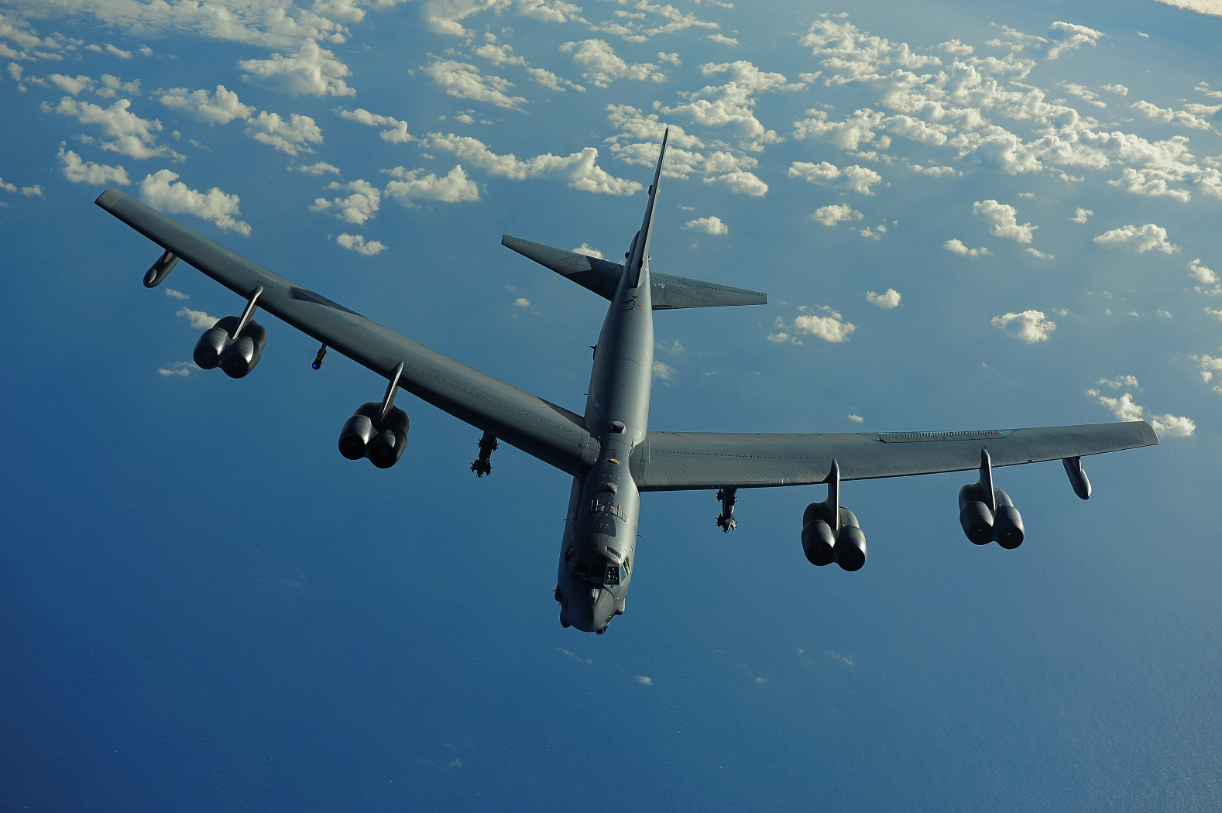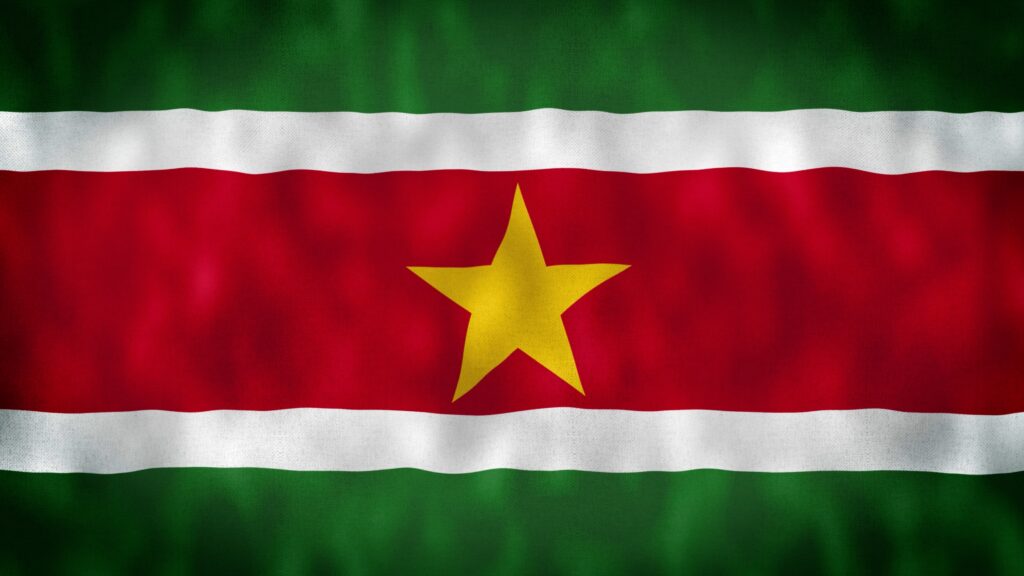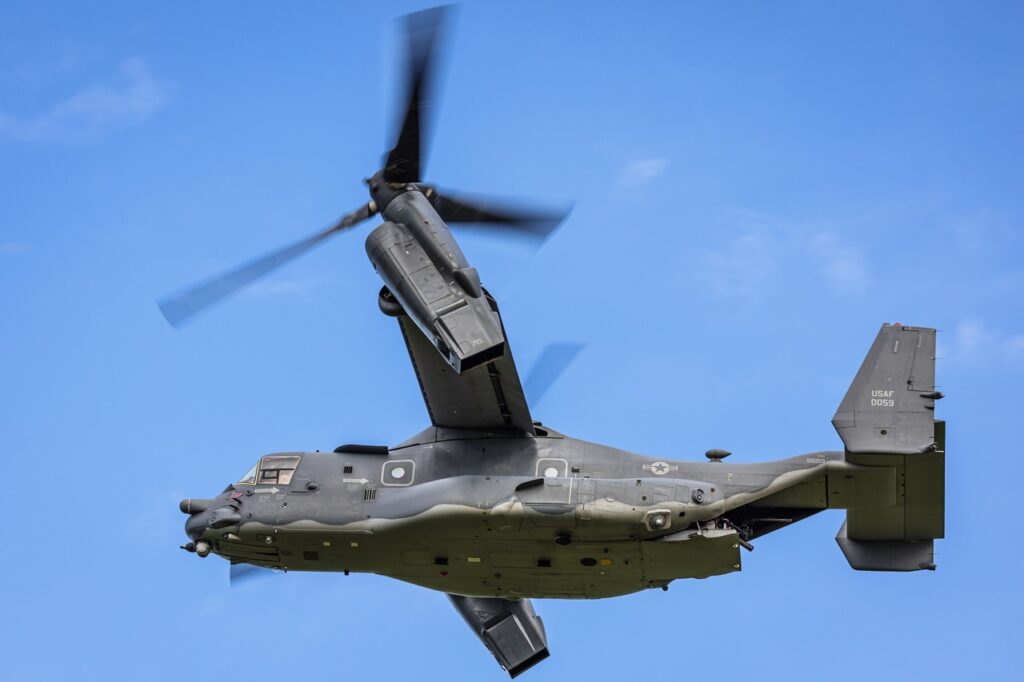
Vietnam: The War America Could Have Won?
Could America Have Won the Vietnam War?: On August 30, 2021, the last United States military personnel “officially” departed from Afghanistan – essentially ending America’s longest war. The Taliban quickly returned to power, and soon questions were asked about what the U.S. and its allies accomplished.
Similar questions were asked after the fall of Saigon on April 30, 1975.
The U.S. had withdrawn ground troops more than two years earlier, but after which peace talks broke down and the fighting continued. Without the U.S. forces on the ground, the Republic of Vietnam faced numerous setbacks – and in early 1975, the People’s Army of Vietnam launched its “Ho Chi Minh Campaign.”
Despite a last-ditch defense, the war was lost.
Vietnam War: Could America Have Won?
A question routinely asked after more than four and a half decades is whether the United States could have “won” the war. Multiple books have been written on the matter, and courses taught on the subject.
To summarize the general consensus, the United States could have likely never won the war as it was fought. It was essentially defending South Vietnam from an invasion – while it fought an enemy that could retreat without fear of destruction. The core objective of Washington was always the preservation of a non-communist South Vietnam, and it sought to achieve that goal by pursuing a “limited war” with the primary aim of coercing North Vietnam into a negotiated settlement.
Of course, that didn’t work out, but it likely never could have worked.
The only practical way for the United States to have won the war would have been to invade North Vietnam, take control of its urban centers, and unify the country under the government in Saigon. Yet, such a move would have likely drawn China into the conflict – and even if that didn’t happen, as was seen in Afghanistan, the United States would have been forced to wage a prolonged counterinsurgency campaign that likely would have lasted for years.
Just as the Taliban waited out the United States, there is little reason to believe that the Viet Cong wouldn’t have done the exact same thing.
It has been said that the U.S. actually won the war – as it successfully defeated North Vietnam and Viet Cong in every significant battle – yet lost the peace. Regardless, more than 58,000 U.S. military personnel were killed in what is arguably a pointless war. To them and their families, the “victory” on the battlefield is a hollow one at best.
Noted author Dr. Fredrik Logevall has taken the view that as a “civil war,” in which the United States took a side, it was always going to present challenges, and true victory was never certain. “The war had to be won politically or not at all,” suggested Logevall. Moreover, the nature of the corrupt South Vietnamese government meant that victory was never really a possibility.

North Vietnam never faced a popular uprising, never had difficulty collecting taxes or recruiting from the population, while South Vietnam faced a lack of support among its own populace. To win wouldn’t have just required that the United States unite the country by invasion of the north, but by completely replacing the government with something that was acceptable to all parties.
For those reasons, the simple answer is that a U.S. victory in Vietnam was an unachievable goal.
Yet, it should be remembered that the United States still “won” the Cold War just over a decade later. The unfortunate outcome in Vietnam didn’t trigger a U.S. retreat from responsibility into isolationism.
If anything, the United States returned to the world stage more determined under President Ronald Reagan. It was the Soviet Union that collapsed – following its own “Vietnam War” in Afghanistan.
Though the two-decade-long U.S. involvement in Afghanistan, and the sudden withdrawal, will be questioned for years. The point to ask now is whether China will make its own mistake in thinking it can work with the Taliban, only to get dragged into another quagmire.
About the Author
Peter Suciu is a Michigan-based writer. He has contributed to more than four dozen magazines, newspapers, and websites with over 3,000 published pieces over a twenty-year career in journalism. He regularly writes about military hardware, firearms history, cybersecurity, and international affairs. Peter is also a Contributing Writer for Forbes and Clearance Jobs. You can follow him on Twitter: @PeterSuciu.


